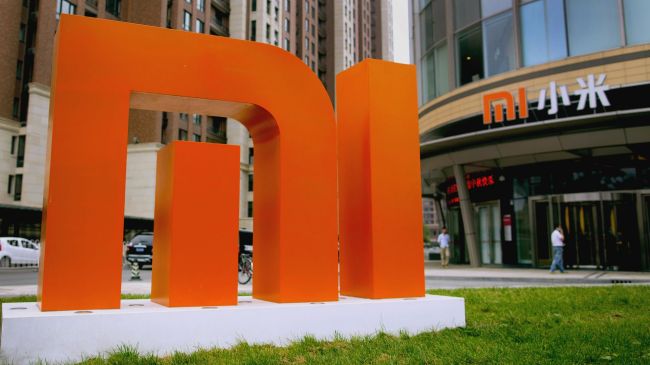Samsung
Xiaomi, Oppo meet Korean parts makers for foldable phone
[ET NEWS] With the pending debut of Samsung Electronics’ first foldable phone, Chinese handset makers Xiaomi and Oppo are having a series of meetings with Korean parts makers aiming to launch their own versions as early as next year, according to industry sources on July 30.
While Samsung and China’s largest handset maker Huawei are competing to launch the world’s first foldable smartphone, smaller Chinese rivals are jumping into the nascent market to take an early edge.
 |
Xiaomi headquarters in Beijing |
Unlike Samsung and Huawei which are considering in-folding type phones with larger screens, Xiaomi is said to be working on a smaller out-folding type. The folding type is largely dependent on the panel size. Little information is available on Oppo’s folding phone project.
The key part is the panel. Samsung and Huawei have teamed up with Samsung Display and China’s BOE, respectively. Xiaomi and Oppo are also likely to secure panels from Chinese makers, with Korea’s LG Display seeking to share the orders.
Industry watchers say Chinese handset makers are making all-out efforts for the foldable phone launch in a way to shed their long-held image as makers of cheaper budget phones.
Samsung may be most prepared for an immediate launch but is said to be still gauging the mass-market appeal, while its Chinese rivals seem to be focusing on grabbing the “world’s first” title.
Especially, Xiaomi reportedly plans to preoccupy its home market by launching its phone before others despite some compromises on product quality.
“Samsung is taking exceptionally great care about the phone launch that has already been delayed several times. The firm also doesn’t want to hand over the ‘world’s first title’ to its Chinese rivals,” an industry source told ET News on condition of anonymity.
For foldable phones, pricing also seems to be the key issue. Sources say the Samsung foldable phone is estimated to be priced at about 2 million won (US$1,800), almost double the estimated 1 million won of a Chinese phone.
By Bae Ok-jin (withok@etnews.com)
This story was co-produced by The Investor and ET News.






![[From the Scene] Gigantic Olive Young store lures young trend-setters in Seongsu](http://res.heraldm.com/phpwas/restmb_idxmake.php?idx=151&simg=/content/image/2024/11/21/20241121050065_0.jpg)

